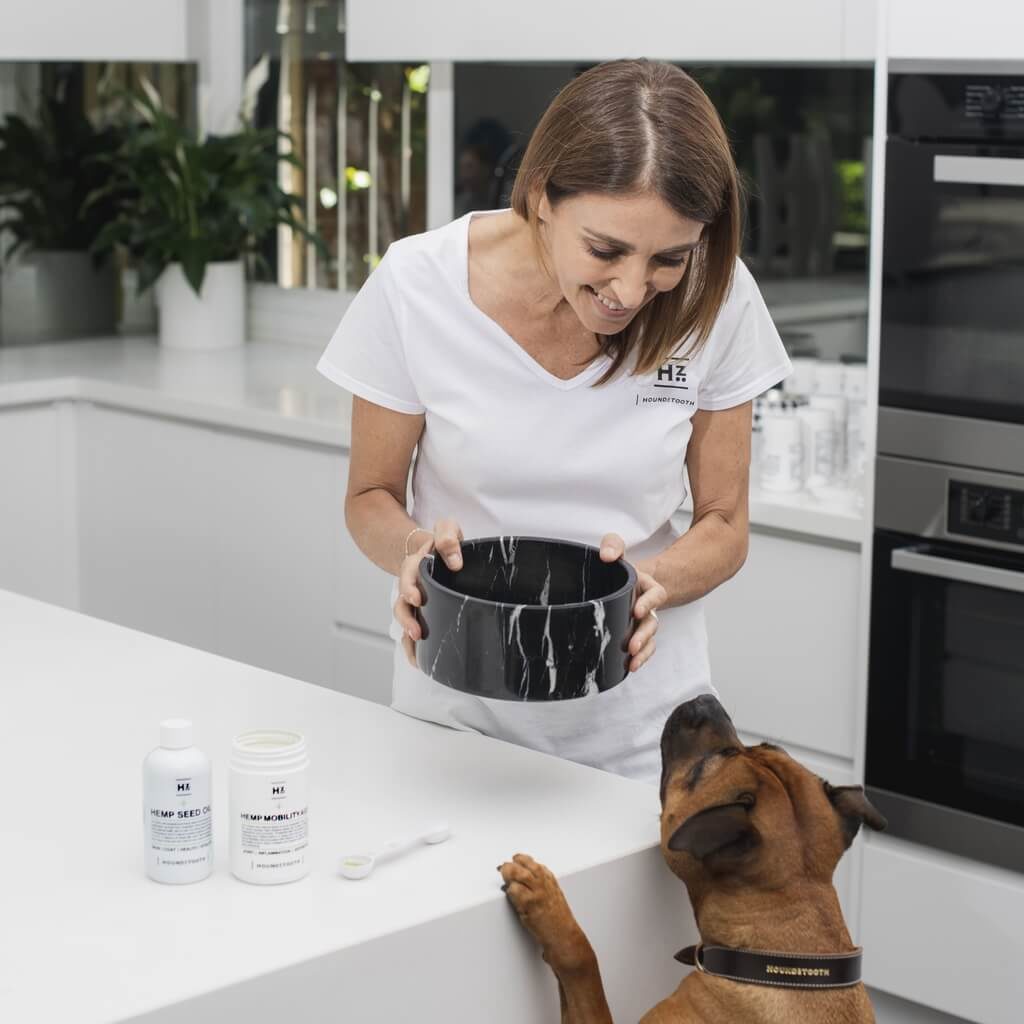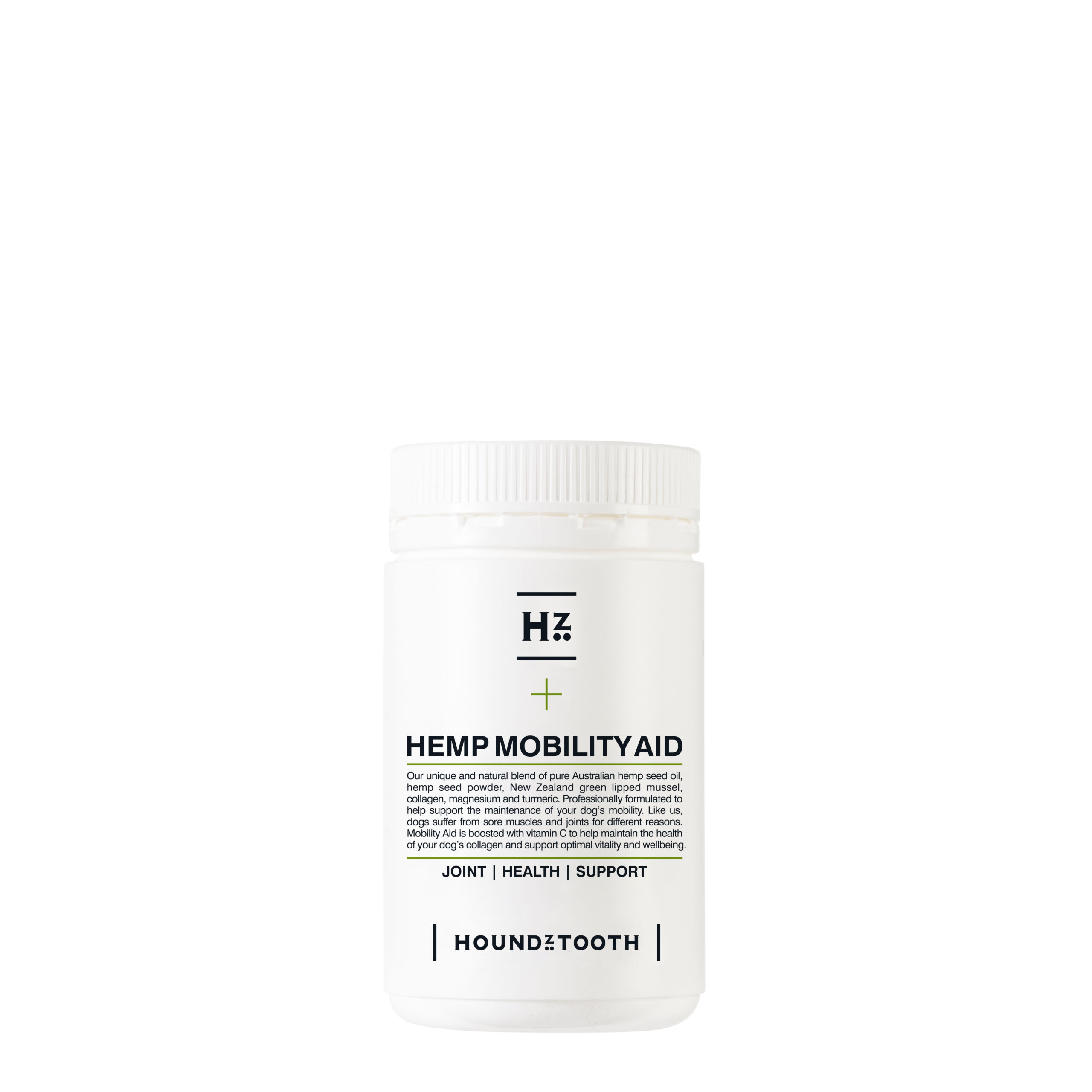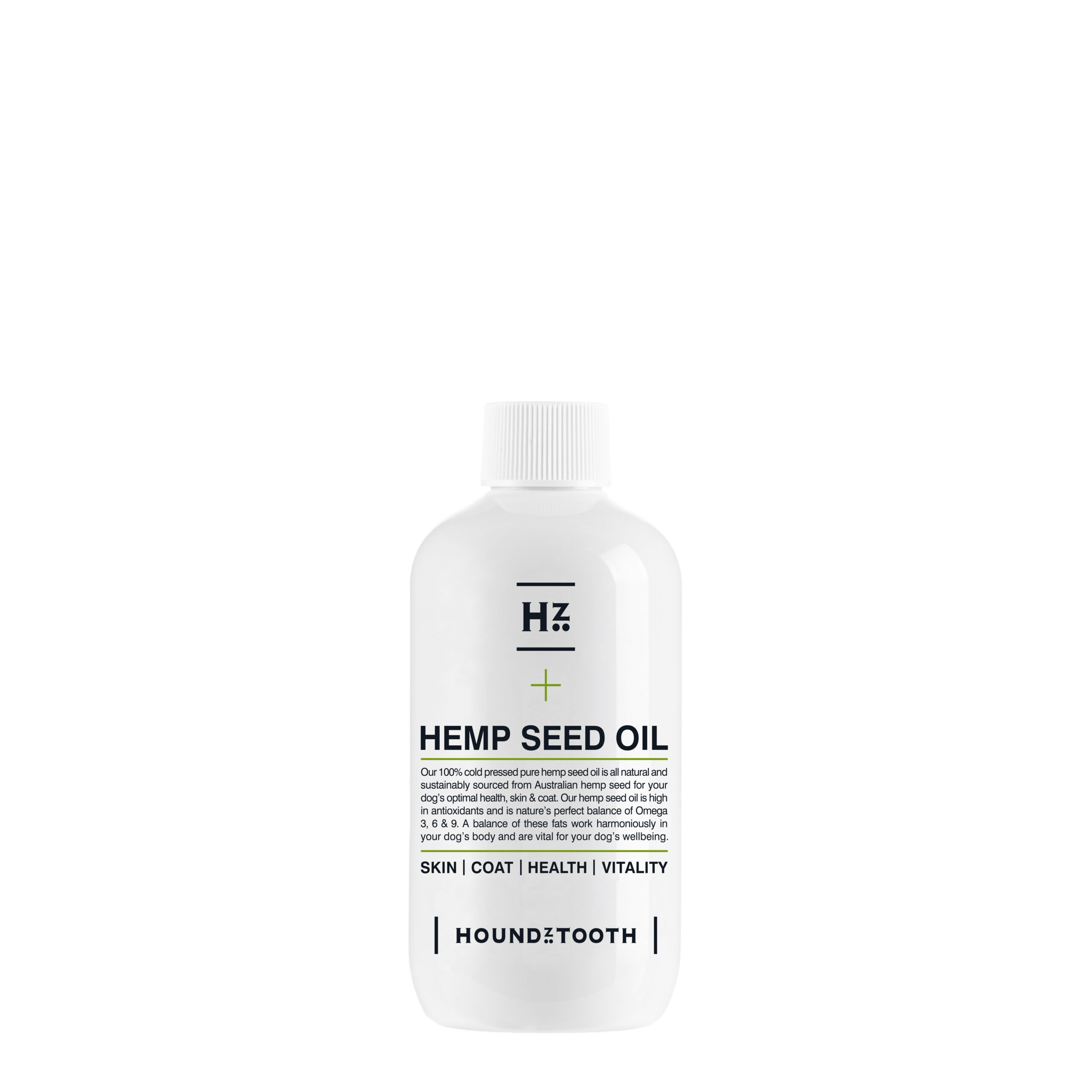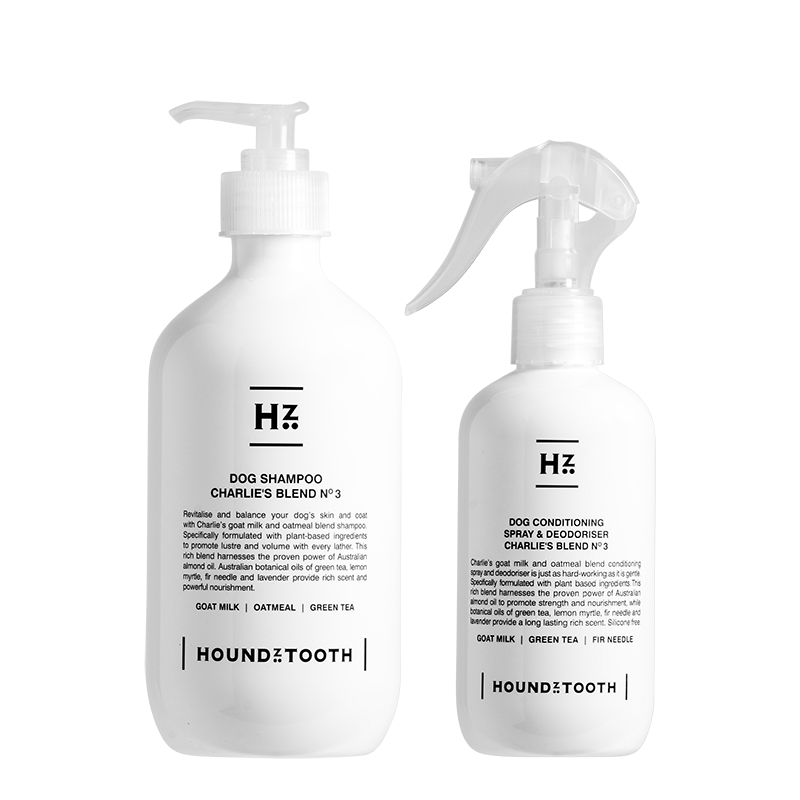Dr Katrina’s Tips on How to Care for Senior Dogs
One of the most challenging parts of owning and loving a dog is watching them age quicker than us humans, but recognising that your dog is a ‘senior’ is the first step to preventative health care. There is considerable breed variation in the ageing process as smaller dogs tend to live longer than larger breeds. Dogs under 10kg are considered senior at about eight years, medium dogs around seven years and dogs over 40kgs are senior from six.
As your dog ages, watch for changes in behaviour that could indicate underlying age-related diseases such as;
- Change in appetite
- Weight loss or weight gain
- Excessive thirst and/or urination
- Difficulty rising, climbing stairs or getting into the car
- Loss of housetraining
- The appearance of lumps or bumps
- Bad breath or bleeding gums
- Diarrhoea or vomiting
- Change in sleep patterns
- Confusion or disorientation
Some of the more common health issues in older pets include
- kidney, liver and cardiovascular disease
- prostate disease and testicular cancer
- diabetes
- arthritis and degenerative joint disease
- cognitive problems
Once your dog is a senior, I recommend having a vet check-up twice a year as early detection of diseases is essential to help your pet maintain its quality of life.

Your vet may recommend a change in diet as an older dog needs a diet that is lower in calories, protein and fat but higher in fibre. Many older dogs gain weight because of decreased activity levels, but being overweight predisposes pets to heart disease and diabetes and places unnecessary strain on hips and joints.

Hemp Mobility Aid
Like us, dogs suffer from sore muscles and joints for different reasons. Our Hemp Mobility Aid is a unique and natural blend of pure Australian hemp seed oil, hemp powder, New Zealand green lip mussel, collagen, magnesium, and turmeric. Professionally formulated hip and joint powder for dogs to support the maintenance of your dog’s mobility. Key ingredients include fatty acids, vitamins and minerals such as Vitamin C which has a role in in maintaining healthy cartilage, tendons and bone and Magnesium which maintains general metabolism and the formation of bone. Our Hemp Mobility Aid dog joint supplement is boosted with collagen to support optimal vitality and wellbeing.
Degenerative Joint Disease, also called osteoarthritis, is one of the most common progressive conditions in dogs and can occur as a result of hip dysplasia, joint fractures, and cruciate ligament disease. Speak with your vet about treatment options to slow down the degenerative changes and manage pain. Supplements such as Houndztooth’s Hemp Mobility Aid is a natural blend of beneficial ingredients, including Australian hemp seed, NZ green lip mussel, bovine collagen, magnesium, Vitamin C, turmeric and spirulina. It has been professionally formulated and may help manage joint inflammation in dogs and improve mobility to offer your dog a better lifestyle. Boosted natural salmon flavour means it won’t be difficult to supplement in your dog’s food. To find out more on how to help manage arthritis in dogs here.
Houndztooth’s Hemp Seed Oil offers many benefits for dogs. High in natural antioxidants and Omega 3, 6 & 9, which may also help to reduce inflammation as well as improving your dog’s skin, coat, gut health and overall wellbeing.

Hemp Seed Oil
It is important to be very gentle when grooming your older dog as their skin becomes delicate, and they often have sore areas. Grooming time provides an excellent opportunity to clip nails, clean ears and feel them over for sores and lumps. Use a conditioning spray such as Houndztooth’s Charlie’s Blend No.3 Conditioning Spray & Deodoriser to help make the grooming process easier on your dog and prevent tugging and tangles.

